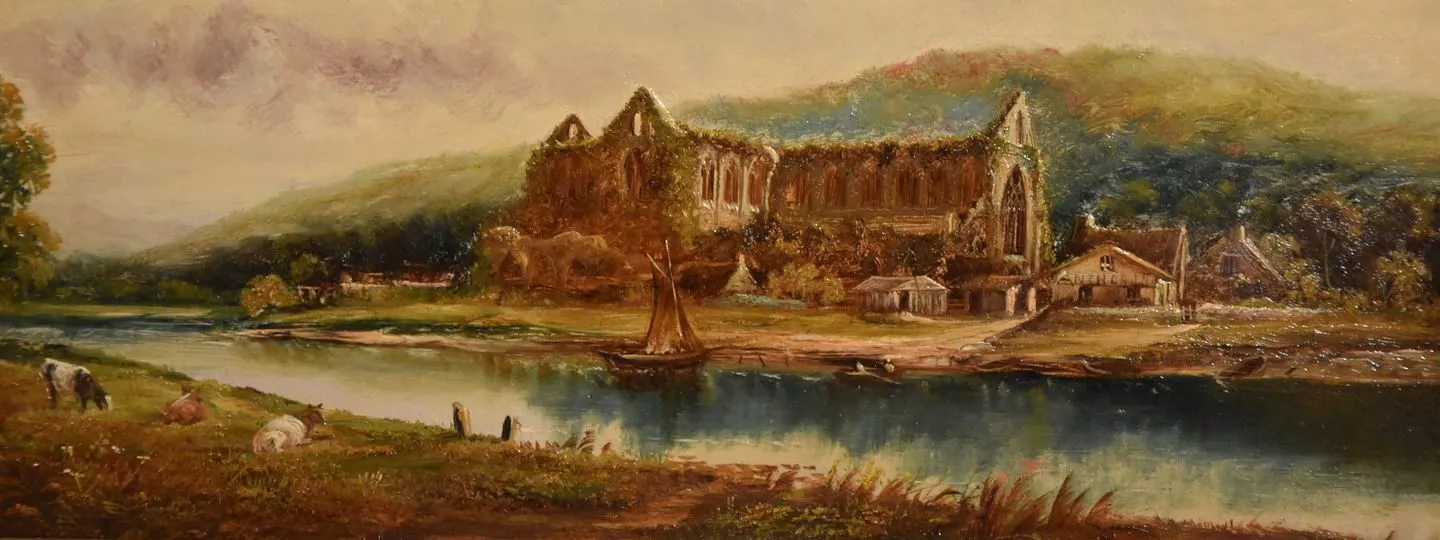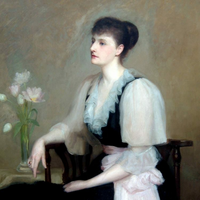
Violet Jacob
Violet Jacob (1 September 1863– 9 September 1946) was a Scottish writer, now known especially for her historical novel Flemington and her poetry, mainly in Scots.
Violet Jacob (1 September 1863– 9 September 1946) was a Scottish writer, now known especially for her historical novel Flemington and her poetry, mainly in Scots.
Life
She was born Violet Augusta Mary Frederica Kennedy-Erskine, the daughter of William Henry Kennedy-Erskine (1 July 1828– 15 September 1870) of Dun, Forfarshire, a Captain in the 17th Lancers and Catherine Jones (d. 13 February 1914), the only daughter of William Jones of Henllys, Carmarthenshire. Her father was the son of John Kennedy-Erskine (1802–1831) of Dun and Augusta FitzClarence (1803–1865), the illegitimate daughter of King William IV and Dorothy Jordan. She was a great-granddaughter of Archibald Kennedy, 1st Marquess of Ailsa.
The area of Montrose where her family seat of Dun was situated was the setting for much of her fiction. She married, on 27 October 1894, Arthur Otway Jacob, an Irish Major in the British Army, and accompanied him to India where he was serving. Her book Diaries and letters from India 1895-1900 is about their stay in the Central Indian town of Mhow. The couple had one son, Harry, born in 1895, who died as a soldier at the battle of the Somme in 1916. Arthur died in 1936, and Violet returned to live at Kirriemuir, in Angus.
Scots poetry
In her poetry Violet Jacob was associated with Scots revivalists like Marion Angus, Alexander Gray and Lewis Spence in the Scottish Renaissance, which drew its inspiration from early Scots poets such as Robert Henryson and William Dunbar, rather than from Robert Burns. She is commemorated in Makars’ Court, outside the Writers’ Museum, Lawnmarket, Edinburgh. Selections for Makars’ Court are made by the Writers’ Museum, The Saltire Society and The Scottish Poetry Library.
The Wild Geese, which takes the form of a conversation between the poet and the North Wind, is a sad poem of longing for home. It was set to music as Norlan’ Wind and popularised by Angus singer and songmaker Jim Reid, who set to music other poems by Jacob and other Angus poets such as Marion Angus and Helen Cruikshank. Another popular version, sung by Cilla Fisher and Artie Trezise, appeared on their 1979 Topic Records album Cilla and Artie.


